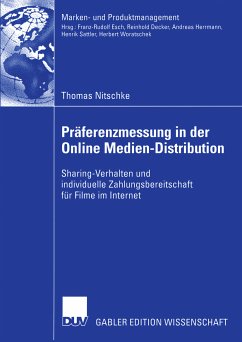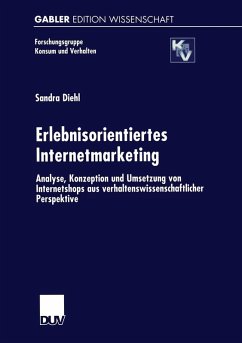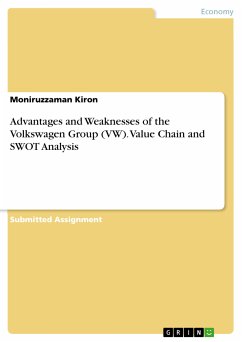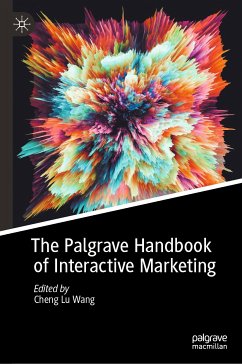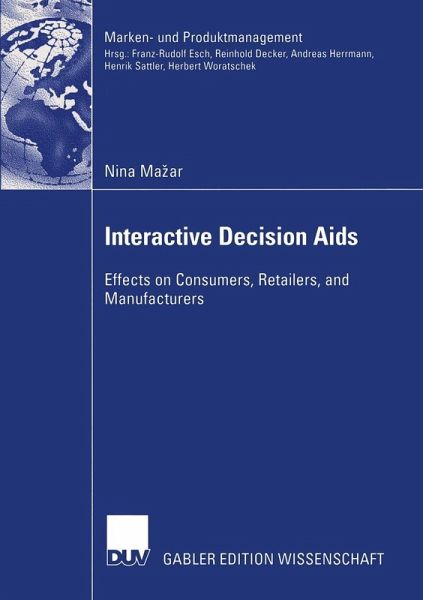
Interactive Decision Aids (eBook, PDF)
Effects on Consumers, Retailers, and Manufacturers
Versandkostenfrei!
Sofort per Download lieferbar
40,95 €
inkl. MwSt.
Weitere Ausgaben:

PAYBACK Punkte
20 °P sammeln!
It is accepted that interactive decision aids, also referred to as agents, are the central component of e-commerce. However, little is known about their advantages and pitfalls for consumers, retailers, and manufacturers in the context of different types of product or attribute categories. How can we then apply these tools effectively? Nina Mazar examines the effects of an interactive tool that can tailor information extremely fast: the interactive comparison matrix (CM). It provides product related information in a 'product by attribute' matrix and allows products to be sorted by any attribut...
It is accepted that interactive decision aids, also referred to as agents, are the central component of e-commerce. However, little is known about their advantages and pitfalls for consumers, retailers, and manufacturers in the context of different types of product or attribute categories. How can we then apply these tools effectively? Nina Mazar examines the effects of an interactive tool that can tailor information extremely fast: the interactive comparison matrix (CM). It provides product related information in a 'product by attribute' matrix and allows products to be sorted by any attribute. The author shows that the interactive CM has the potential to represent a useful and practicable solution matching the needs of both consumers and online retailers. On the one hand, it increases consumers' welfare, and hence might be a solution to escape the threat of increased price fixation of consumers shopping online. On the other hand, it offers retailers the possibility to systematically influence consumers' preference construction and choice. In addition, since retailers' incentives affect the derived demand for manufacturers' brands, these two results show that manufacturers can face a very different situation in an artificial marketplace.
Dieser Download kann aus rechtlichen Gründen nur mit Rechnungsadresse in A, B, BG, CY, CZ, D, DK, EW, E, FIN, F, GR, HR, H, IRL, I, LT, L, LR, M, NL, PL, P, R, S, SLO, SK ausgeliefert werden.




